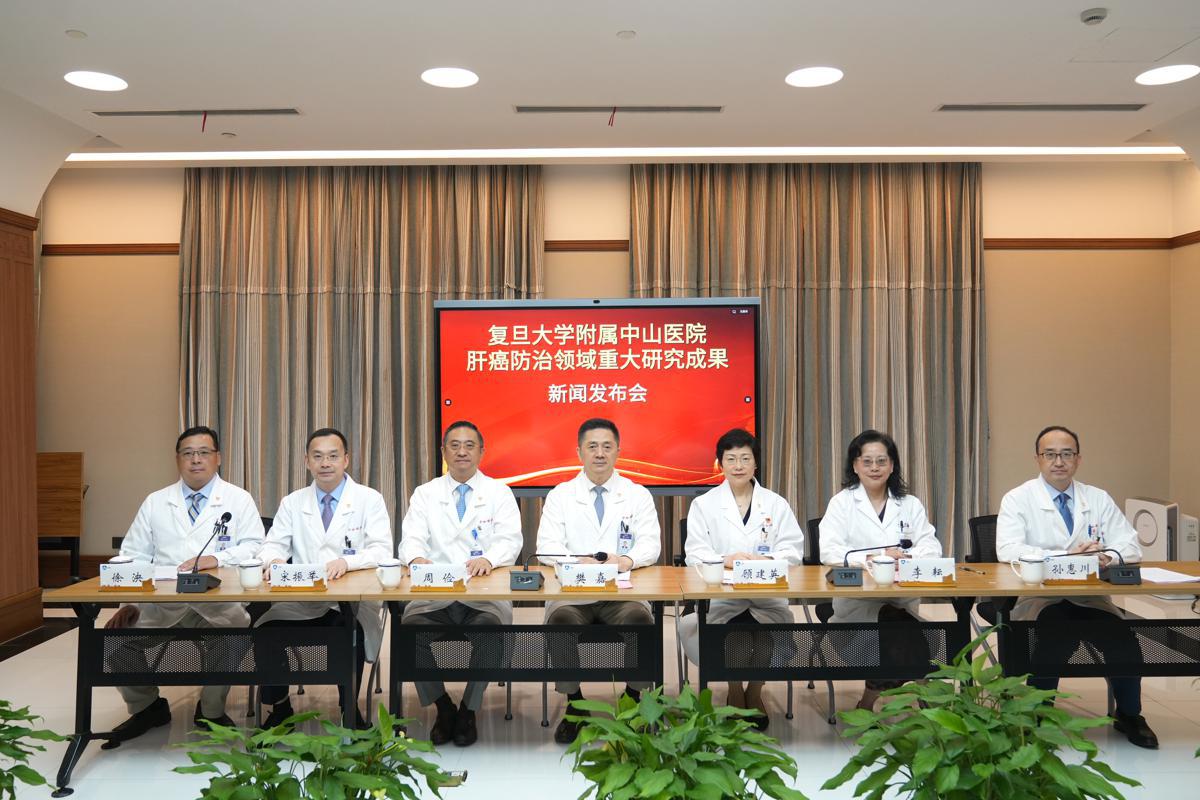Scholars publish global research on liver cancer incidence


More than 60 percent of the world's liver cancer cases can be prevented through modification of risk factors, and by reducing the incidence rate by at least 2 percent annually, ensuring the rising trend of new liver cancer cases and deaths can be reserved by 2050, according to a Chinese experts-led report.
If this goal is achieved, at least 8.8 million new cases of liver cancer and 7.7 million liver cancer-related deaths will be avoided worldwide, according to the report, which focuses on comprehensive strategies from prevention to treatment for liver cancer.
The report was published by the British medical journal The Lancet on Monday London time, coinciding with this year's World Hepatitis Day. It is the first publication in the journal's more than 200 years' history that focused on a major global health challenge, spearheaded by Chinese experts in collaboration with more than 50 leading experts from countries and regions, including Japan, South Korea, the United States, Spain, France, and Italy.
One of the key findings highlighted in the report was the significant shift in the etiology structure of liver cancer worldwide. While it is traditionally associated with hepatitis B, hepatitis C, and chronic alcohol consumption, metabolic dysfunction-associated steatotic liver disease (MASLD) and metabolic dysfunction-associated steatohepatitis (MASH) are rapidly emerging as important causes. Obesity and diabetes are accelerating the progression from MAFLD to MASH.
"High-sugar diets, obesity, and unhealthy lifestyles are reshaping the landscape of liver cancer," said Hashem B. El-Serag, a professor at Houston-based Baylor College of Medicine in the United States, who was among the authors of the report.
The report also drew on successful practices in countries and cities, including China's Qidong city in Jiangsu province, Italy and Egypt, to provide valuable insights for high, middle, and low-income countries.
Xu Yang, a co-first author of the report and a doctor from Shanghai-based Zhongshan Hospital Affiliated with Fudan University, said Qidong was an area with a high incidence of liver cancer cases decades ago. Factors included local people's preference for eating corn, which were often improperly stored and led to aflatoxin contamination, as well as high rate of hepatitis B, and deficiency in trace element selenium.
"Proactive measures, including initiation of hepatitis B vaccination earlier than the national scheme, dietary changes, and routine medical screening for hepatitis B positive individuals, have led to a significant improvement in the five-year survival rate for local liver cancer patients," Xu said.
"From 2.5 percent in the early 1970s, the figure has risen to 30.8 percent currently, providing a reference model for high-risk areas in the world today, such as Africa and Southeast Asia," he said.
The report's expert committee was co-chaired by Zhou Jian, president of Zhongshan Hospital; Fan Jia, an academician with the Chinese Academy of Sciences and honorary president of Zhongshan Hospital; and Masatoshi Kudo from Kindai University in Osaka, Japan.
Zhou said in Italy, about 1 to 1.5 percent of people were once infected with Hepatitis C. Practices, such as government-led national screening programs, and improved access to diagnosis and treatment, have proven successful in Italy.
"Egypt had a hepatitis C infection rate of nearly 15 percent in the early 2000s. In 2006, a specialized national committee was established for comprehensive screening and education. Also, the government negotiated significant price reductions for special medications, greatly improving the therapy accessibility to the public," he said.
- Allan Zeman slams Western media bias in Tai Po fire tragedy
- Retired ornithologist recalls search for last of a species
- 'Oriental gem' makes wetland comeback
- Free entry hoped to spur spending at scenic spots
- China's green think tanks on the rise
- Factory tours give peek behind curtain of manufacturing marvel





































